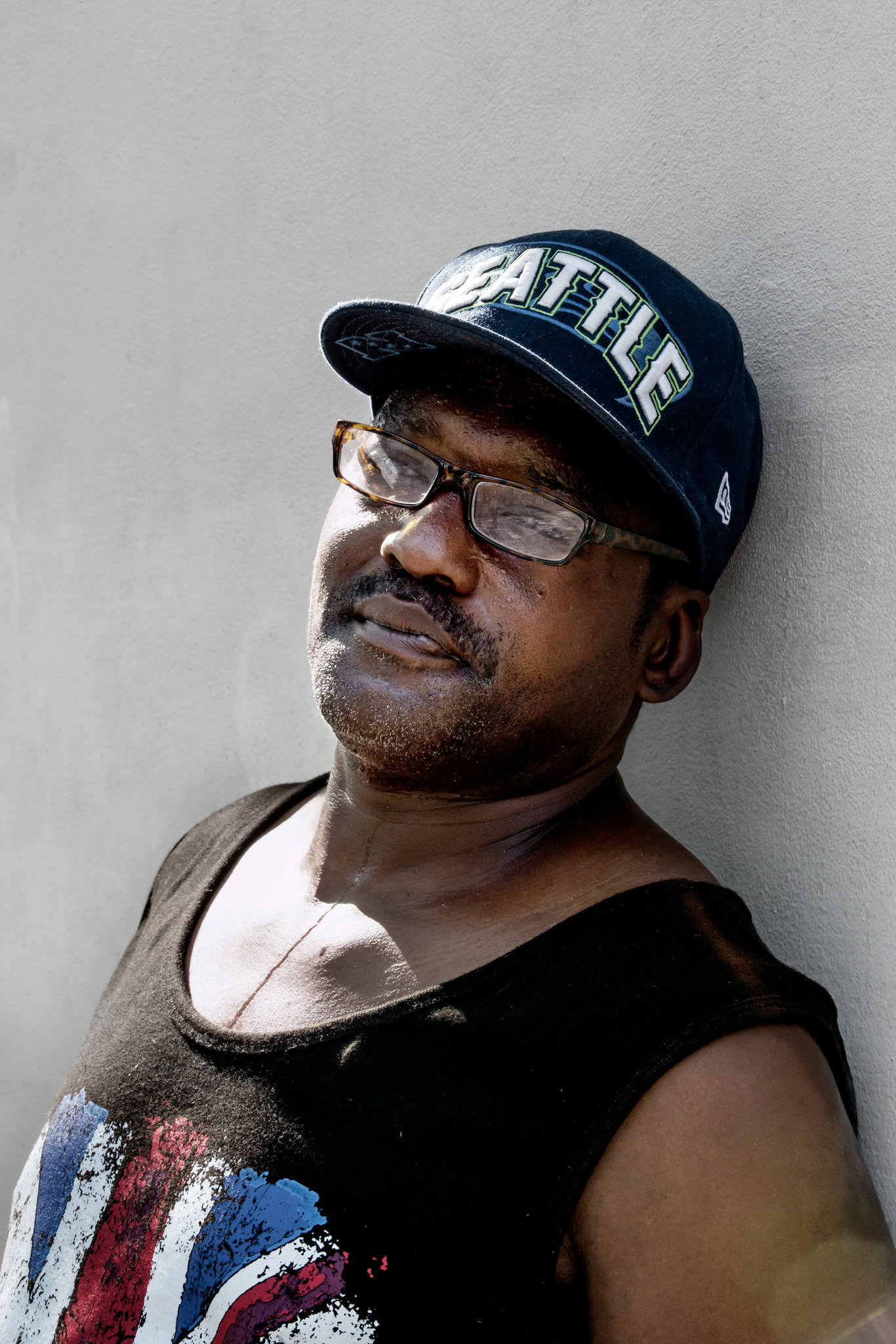Tyrone got locked up in 2015 for possession of a straw. Yes, a straw.
He bought a diet coke from the corner store with the few bucks he had in his pocket, and they gave him a straw to go along with his brown paper bag. He walked out of the store and the police were on him. Rifling their hands through his pockets. They pushed him up against the wall. He didn’t have anything on him and he told them so. He’d been through this so many times. A black man. Living in Crown Heights. He’d been stopped and frisked hundreds of times. A fraction of the time he actually did have something on him. This time he had nothing. He gave them attitude. May have cursed. That’s when they pulled out the straw. “Look what we found.” The police assumed he was using it to snort heroin.
Hands pulled behind his back. Cuffed. Stuffed into the back of a police car. Taken to the precinct. Booked, fingerprinted, treated like shit. Taken to central bookings. Spent the night in squalid conditions. Marched underground to criminal court and stuffed in the pens behind the judge’s bench waiting for a public defender to call out his name.
